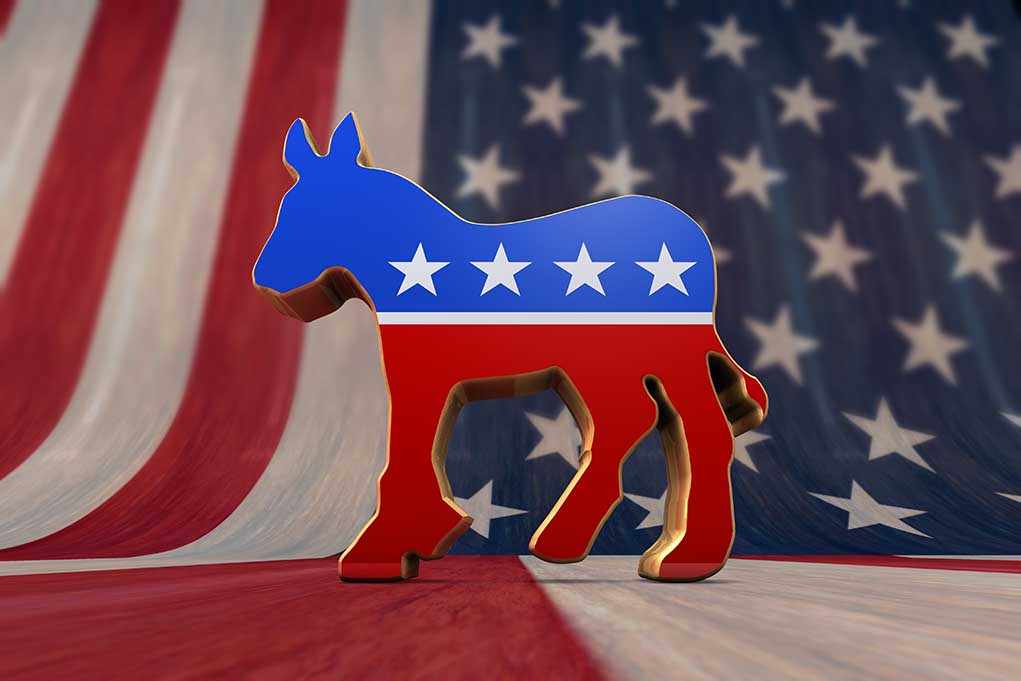
One candidate’s violent fantasy sent shockwaves through Virginia’s political core, but the real story is how much loyalty outweighs outrage when party power hangs in the balance.
Story Snapshot
- Jay Jones, Democratic Attorney General nominee, apologized after his violent texts about a GOP leader became public.
- Despite bipartisan condemnation, most Democratic leaders and organizations have not rescinded their support.
- The controversy highlights growing anxieties about political rhetoric and accountability in a divided America.
- The party’s response may set the tone for how candidate scandals are handled in future elections.
Virginia’s Democratic Dilemma: Loyalty or Accountability?
Jay Jones’s name was already familiar in Virginia politics—a rising star, a safe bet for Attorney General in a state where every seat and every word is scrutinized. But in October 2025, his political calculus changed overnight. National Review published text messages Jones sent in 2022, where he fantasized about shooting then-Republican Speaker Todd Gilbert and used similarly violent language about other GOP rivals. What followed was not the ritual expulsion from public life many expected, but a high-stakes standoff over party loyalty, public standards, and the true cost of political power.
Jones’s apology arrived swiftly, both publicly and privately, calling his words “embarrassing and shameful.” Lawmakers from both sides of the aisle condemned the rhetoric, but the story’s next act was more surprising than the texts themselves: the Democratic establishment’s refusal to pull support. Endorsements from figures like Cory Booker, Eugene Vindman, and Robert Scott stood firm. The Virginia Beach Democratic Committee even doubled down, reaffirming their backing for Jones. While Senators Mark Warner and Tim Kaine denounced the messages as “appalling,” they punted the decision to voters. For those watching, the question wasn’t whether Jones’s words were indefensible—it was whether party unity trumped all else.
Political Violence and Party Lines: A New Normal?
Virginia’s political terrain has never been more fraught. With Democrats holding the legislature by a thread and Republicans in the governor’s mansion, every blunder feels existential. The Attorney General’s race, once a policy-driven contest, became a test of moral boundaries when Jones’s texts surfaced. Party strategists faced a dilemma: denounce Jones and risk losing a winnable seat, or stand by him and weather the ethical fallout. The party’s decision to stick with Jones, despite public backlash, signals a calculated gamble—one that says, in effect, that outrage fatigue and tribal loyalty now outweigh personal conduct, at least when the stakes are high.
Republican leaders, unsurprisingly, seized the moment. Lt. Governor Winsome Earle-Sears called for Jones’s withdrawal, and GOP Attorney General Jason Miyares questioned his fitness for office. Yet even as the pressure mounted, the Democratic coalition held. Major donors like Everytown for Gun Safety remained silent, and no major endorsements wavered. The message from party brass: voters can judge for themselves, and perhaps, in this climate, an apology is all that’s required to weather almost any storm.
What This Means for Political Culture—and the Next Crisis
This episode is more than a headline about one candidate’s lapse in judgment. It is a case study in how American political culture has shifted. Political scientists and crisis management experts have long warned that violent rhetoric, left unchecked, erodes public trust and breeds real-world danger. Yet, as this saga unfolds, the lesson is not just about the perils of loose talk; it’s about the incentives that now shape who gets a second chance and who doesn’t.
For Virginia voters, the Jones controversy is a referendum on values—civility versus party victory, accountability versus pragmatism. For party leaders, it is a stress test of their crisis playbook in the social media age. The short-term fallout could be lost votes, diminished trust, and a fresh round of cynicism. The longer-term impact may be more insidious: a new threshold for what is tolerable from those seeking power, and a warning that in politics today, the tribe often comes before the truth.




